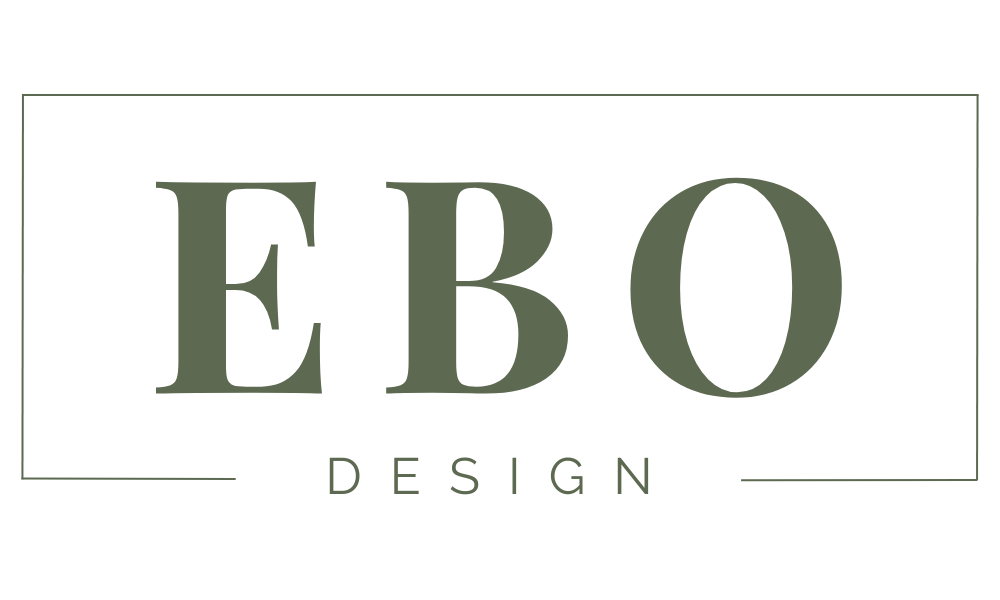Why You Need a Detailed Renovation Budget for a Successful Home Transformation
Renovating your home offers an incredible chance to bring your dream space to life. However, the journey to a perfect home isn’t always straightforward. One of the most crucial elements to ensure a successful transformation is establishing a detailed renovation budget. A well-thought-out budget not only keeps your spending in check but also helps you prioritize features that add value to your home, giving you peace of mind throughout the renovation process. Here’s why a detailed budget is essential and how it can make your renovation experience smoother and more enjoyable.
Stay in Control of Your Costs
One of the top reasons homeowners face unexpected financial stress during renovations is the lack of cost control. Without a solid budget, it’s easy to overspend on items like premium materials, high-end finishes, or last-minute additions that seem necessary but can ultimately strain your finances. Establishing a detailed budget allows you to set spending limits for every aspect of the project—from structural modifications to furniture and decor. This framework helps you stay in control of costs by providing a clear picture of where your money is going.
AVOIDING OVERRUNS - Even minor adjustments in the scope of a renovation can lead to cost overruns. If you don’t establish a budget early on, you might find yourself dipping into additional funds to cover unexpected expenses. A budget acts as a financial roadmap, setting clear boundaries and keeping spending aligned with your original plan.
BALANCING QUALITY AND AFFORDABILITY - A detailed budget also encourages smarter decision-making. When you know the estimated costs of different elements, you can choose where to splurge and where to save. For instance, you might decide to invest more in durable flooring that withstands daily wear and tear while opting for mid-range furniture to keep overall expenses manageable. This approach allows you to craft a space that meets your aesthetic and functional needs without breaking the bank.
Maximize Your Return on Investment (ROI)
For many homeowners, renovations are about more than improving daily living—they’re also an investment. Whether you plan to live in your home for years to come or consider selling, a budget ensures that your investment yields a positive return. By sticking to a well-defined financial plan, you can avoid spending on non-essential features and instead direct funds toward high-impact areas that boost property value.
FOCUS ON HIGH-IMPACT SPACES - Certain areas, such as kitchens, bathrooms, and open-concept living spaces, tend to provide a stronger ROI than decorative elements. Prioritizing these spaces in your budget means you’re putting your money where it counts. Features like quality countertops, modern fixtures, and well-designed layouts are not only desirable to potential buyers but also elevate the look and feel of your home.
Reduce Stress & Enjoy the Process
Renovations can be overwhelming, but budgeting can make the experience more enjoyable and fulfilling. Financial uncertainty is one of the biggest sources of stress during a renovation. When you’re unsure about costs, every new decision can feel like a burden, and unexpected expenses can quickly drain the excitement from the project. A budget brings peace of mind, letting you immerse yourself in the creative parts of your renovation while knowing that your finances are secure.
FOCUSING ON WHAT MATTERS - With a budget, you’ll spend less time worrying about costs and more time enjoying the fun parts of the process, like choosing design finishes and picking out furniture. Knowing you have financial boundaries in place, you can confidently make decisions that align with your vision without constantly second-guessing their financial implications.
STAYING FLEXIBLE WITH CONTENGENCY FUNDS - Even the best-planned projects can face unforeseen expenses. A well-designed budget should include a contingency fund, which provides flexibility if unexpected costs arise. This can be as much as 10-15% of the overall budget, depending on the scope of the project. With this safety net, you can stay calm and focused, knowing you’re prepared for the unexpected without derailing the entire renovation.
Prioritize What Truly Matters to You
When you create a detailed budget, you’re forced to prioritize elements of your renovation that matter most to you. Rather than being swept away by trending design elements or extravagant features that may not align with your lifestyle, a budget lets you hone in on what will bring you lasting satisfaction in your home.
MAKING INFORMED CHOICES - By understanding the costs associated with different aspects of the renovation, you can make informed choices about where to focus your resources. If a luxurious kitchen or spa-like bathroom will add more joy to your daily life, allocating a larger portion of the budget to those spaces makes sense. This level of planning ensures that you’re investing in features you’ll appreciate for years rather than fleeting trends that might not offer the same value.
PREVENTING REGREFUL CHOICES - A thoughtful budget reduces the likelihood of “renovator’s remorse.” Instead of spending impulsively on elements that won’t stand the test of time, a clear financial plan lets you step back and evaluate each choice. By carefully considering each expense, you’re less likely to experience regret and more likely to love every part of your newly transformed space.
Final Thoughts
A renovation budget is not just a financial document—it’s your guide to a successful home transformation. With a clear plan in place, you can navigate your renovation with confidence, staying focused on high-impact features, reducing stress, and making informed decisions at every turn. Whether you're updating a single room or tackling a full-scale remodel, a detailed budget is the foundation of a rewarding and enjoyable renovation journey. So, as you embark on your home improvement adventure, take the time to create a comprehensive budget. Your future self—and your beautifully transformed home—will thank you.
Not sure where to start? We can help! Book a free discovery call today to discuss how we can help you to create a detailed budget for your project’s success.



